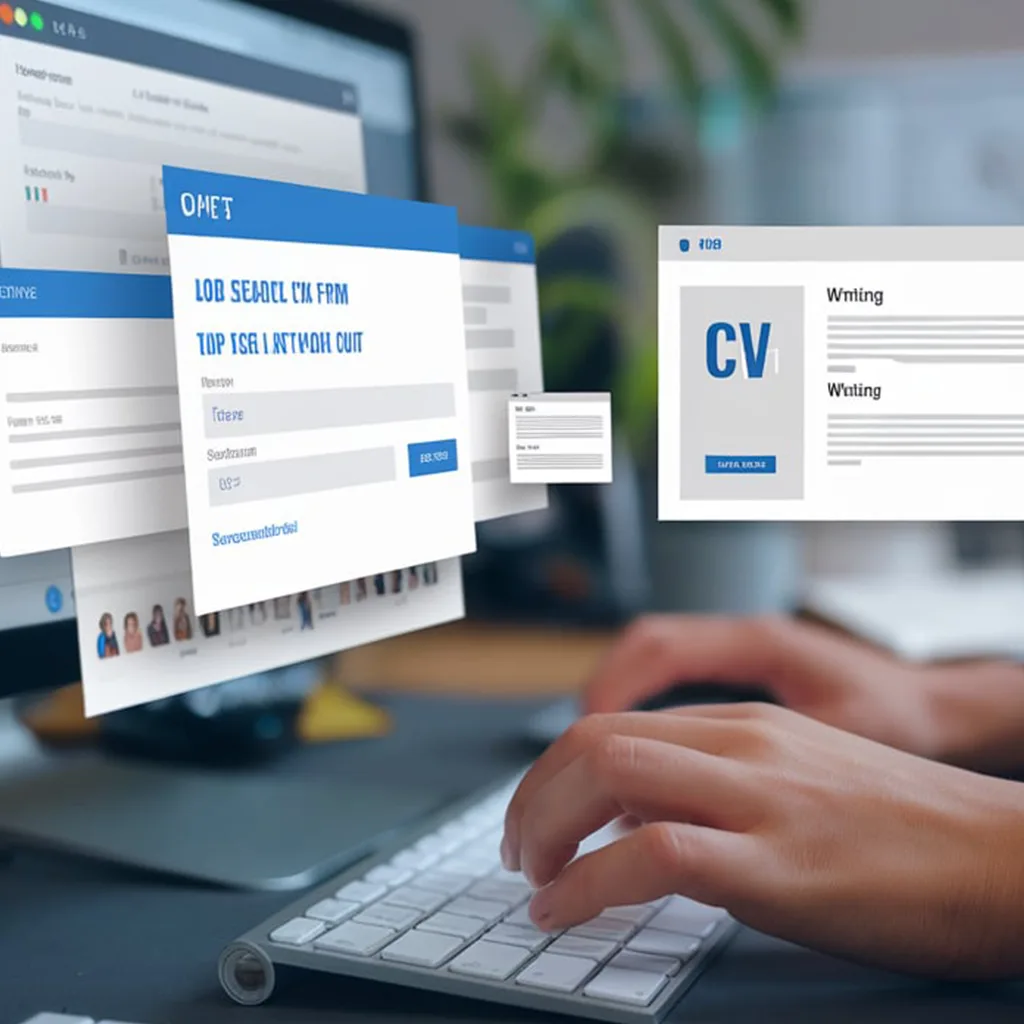CV Advice: Your Comprehensive Guide to Crafting a Winning CV
Creating a compelling CV is essential for making a strong impression on potential employers. A well-crafted CV not only highlights your qualifications but also sets you apart from other candidates.
This guide provides comprehensive CV advice, covering everything from choosing the right format to tailoring your CV for specific job applications. Whether you’re a recent graduate or an experienced professional, these tips will help you create a CV that stands out.
Understanding the Importance of a Strong CV
Why a Good CV Matters
Your CV is often the first impression you make on a potential employer. A strong CV can:
- Showcase Your Skills and Experience: Highlight your qualifications and professional background.
- Demonstrate Your Professionalism: Reflect your attention to detail and ability to present information clearly.
- Open Doors to Interviews: Increase your chances of being invited for an interview.
Key Elements of an Effective CV
An effective CV typically includes the following sections:
- Contact Information: Your name, phone number, email address, and LinkedIn profile.
- Professional Summary: A brief overview of your career objectives and key qualifications.
- Work Experience: Detailed descriptions of your previous roles and achievements.
- Education: Information about your academic background.
- Skills: A list of relevant skills and competencies.
- Certifications and Awards: Any additional qualifications or recognitions.
Choosing the Right CV Format
Chronological CV
A chronological CV focuses on your work history, listing your most recent job first. This format is ideal if you have a strong, consistent work history.
Functional CV
A functional CV emphasizes your skills and experiences rather than your chronological work history. This format is suitable for career changers or those with gaps in their employment history.
Combination CV
A combination CV blends elements of both chronological and functional formats. It highlights your skills while also providing a chronological work history. This format is versatile and suitable for most job seekers.
Tailoring Your CV for Each Application
Understanding the Job Description
Before tailoring your CV, carefully read the job description to understand what the employer is looking for. Identify key skills and qualifications mentioned in the posting.
Incorporating Keywords
Many companies use Applicant Tracking Systems (ATS) to screen CVs. Incorporating keywords from the job description can help your CV pass through these systems. Focus on industry-specific terms and relevant skills.
Highlighting Relevant Experience
Emphasize experiences and accomplishments that are most relevant to the job you’re applying for. Use bullet points to clearly outline your responsibilities and achievements in each role.
Writing a Compelling Professional Summary
Crafting Your Summary
Your professional summary should be a concise, compelling statement that highlights your key qualifications and career goals. Aim for 3-5 sentences that provide a snapshot of your professional background.
Example of a Professional Summary
“Experienced marketing professional with over 5 years of experience in digital marketing, content creation, and social media management. Proven track record of increasing website traffic and driving engagement through innovative campaigns. Seeking to leverage my skills and expertise to contribute to the success of XYZ Company.”
Detailing Your Work Experience
Using Action Verbs
Start each bullet point in your work experience section with a strong action verb. Examples include “managed,” “developed,” “led,” and “implemented.” Action verbs make your accomplishments stand out and convey a sense of initiative.
Quantifying Achievements
Whenever possible, quantify your achievements with specific metrics. For example, “Increased sales by 20% within six months” or “Managed a team of 10 employees.”
Focusing on Relevant Experience
Prioritize your most relevant experience. If you have extensive work history, focus on the roles that best match the job you’re applying for. Briefly summarize older or less relevant positions.
Highlighting Your Skills for CV Advice
Technical Skills
List any technical skills that are relevant to the job. This can include software proficiency, programming languages, or specialized tools.
Soft Skills
Soft skills such as communication, teamwork, and problem-solving are also important. Highlight these skills in the context of your work experience.
Certifications and Training
Include any certifications, training, or professional development courses that are relevant to the position. This demonstrates your commitment to continuous learning.
Education and Additional Sections
Listing Your Education
Include your highest level of education first. Provide the name of the institution, degree earned, and dates attended. For a CV advice, if you have limited work experience, you can also include relevant coursework, projects, or honors.
Certifications and Awards
If you have received any certifications or awards, create a separate section for these. This can include professional certifications, academic honors, or industry awards.
Volunteer Work and Extracurricular Activities
Including volunteer work or extracurricular activities can provide additional insights into your skills and interests. This is particularly useful if you have limited professional experience
Frequently Asked Questions about CV Advice
How long should my CV be?
Your CV should typically be one to two pages long. Focus on providing concise, relevant information. If you have extensive experience, prioritize the most important details.
Should I include a photo on my CV?
In most cases, it’s not necessary to include a photo on your CV, especially if you’re applying for jobs in the United States or Europe. However, some countries and industries may have different norms, so research the expectations for your specific situation.
How do I handle gaps in my employment history?
Be honest about gaps in your employment history. You can briefly mention the reason for the gap (e.g., further education, personal reasons) and focus on any skills or experiences you gained during that time.
What should I do if I have little or no work experience?
If you have little or no work experience, focus on your education, internships, volunteer work, and relevant projects. Highlight transferable skills and any achievements that demonstrate your capabilities
How often should I update my CV?
Update your CV regularly, especially after significant achievements or changes in your career. Keeping your CV current ensures you’re always ready to apply for new opportunities.
Creating a standout CV is essential for advancing your career. By following this comprehensive CV advice, you can craft a CV that effectively showcases your skills and experience, aligns with job requirements, and captures the attention of potential employers. Use this guide to refine your CV and increase your chances of landing your desired job.





